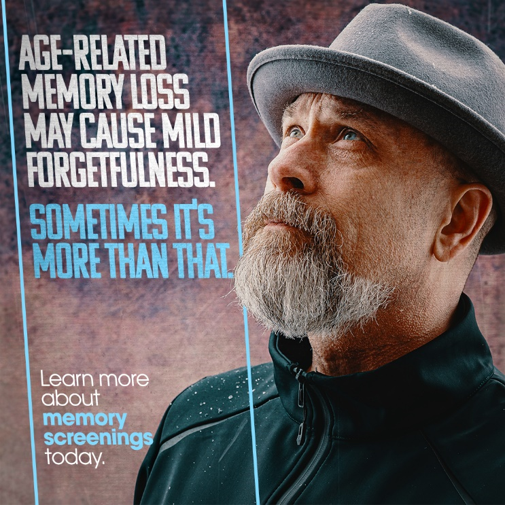Mild to moderate memory loss is a part of the typical aging process, but did you know it could be the sign of something more? We know that memory loss is a hallmark symptom of Alzheimer’s but can also be the result of other health conditions. Early intervention, in either case, can help identify causes that may be reversible and begin management of symptoms for those that are not. If you are unsure about what signs to be concerned about, we can help you with some of the differences.
Memory Loss Signs and When They Can Begin
There isn’t an exact age range when memory loss begins. It is something that increases with age and occurs at different times for everyone. Most resources do cite that if you have a family history of Alzheimer’s or other dementia, are over the age of 65, or you have some of the early warning signs below; you should seek help from your doctor.
The Alzheimer’s Association lists the following as the 10 early warning signs of Alzheimer’s or other dementia:
- Memory loss that disrupts daily life
- Challenges in planning or solving problems
- Misplacing things and being unable to find them
- Difficulty completing familiar tasks
- Withdrawal from work or other social activities
- Changes in mood or personality
- Trouble understanding visual images and spatial relationships
- Confusion with time or place
- New issues with speaking, words, or writing
- Increase in poor judgment
Other memory issues that are typical with the aging process include: occasional misplacement of items, taking longer to remember things or learn a new skill—also, difficulty finding the right word in a conversation.
Talk with Your Doctor Because It Could be More
Not all memory loss is caused by age or dementia. Depression, vitamin deficiencies, thyroid problems, alcohol abuse, dehydration, and medication side effects are some of the treatable and often reversible causes. If your memory issues concern you or affect your daily life, talk with your doctor.
A Memory Screen Can Help
Many people that develop a form of dementia are unaware early on that they have it because some memory loss is expected in our later years. A baseline memory screen and yearly follow up exams are recommended by the National Institute on Aging. Memory screens help guide whether there is memory loss, how advanced it is, and possible causes. This information is then used in determining the next steps if there is a present concern.
Brain Matters Research offers free memory screens for you or a loved one. To learn more, call (561) 381-9060 or visit us here.
References:
https://www.alz.org/alzheimers-dementia/10_signs
https://www.helpguide.org/articles/alzheimers-dementia-aging/age-related-memory-loss.htm






